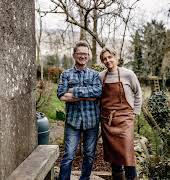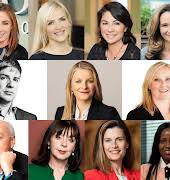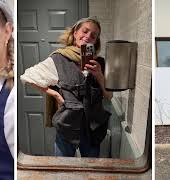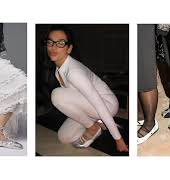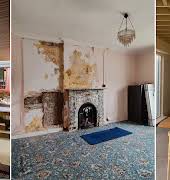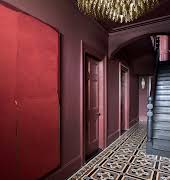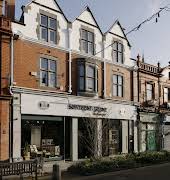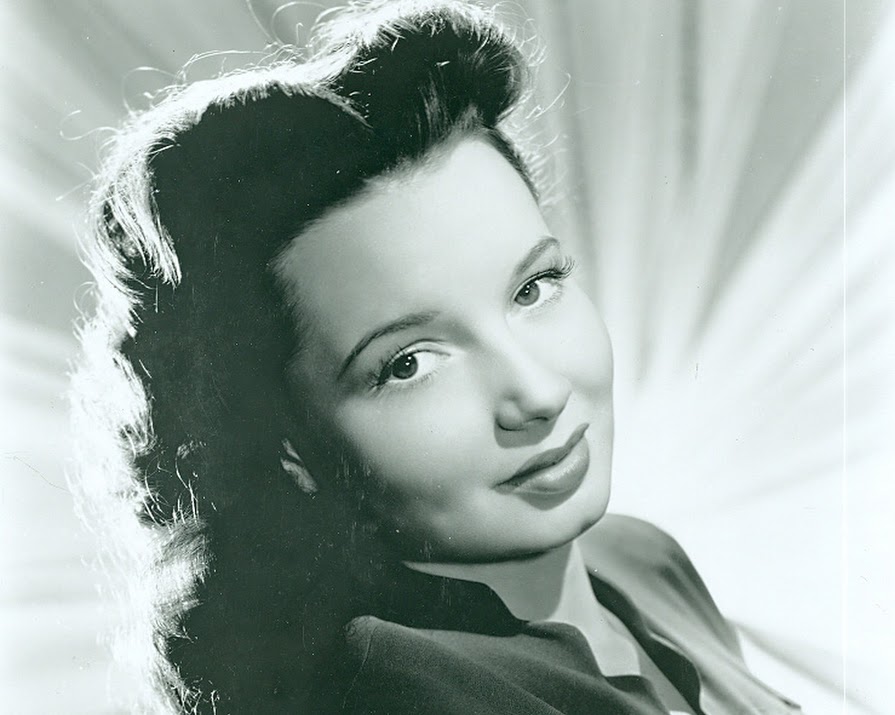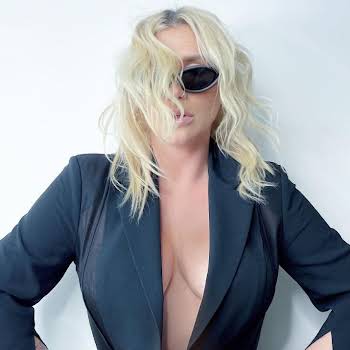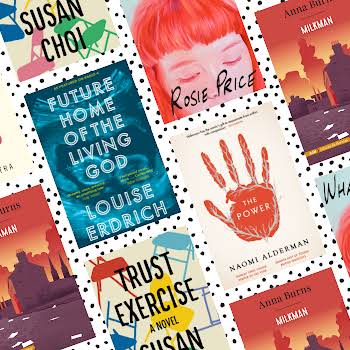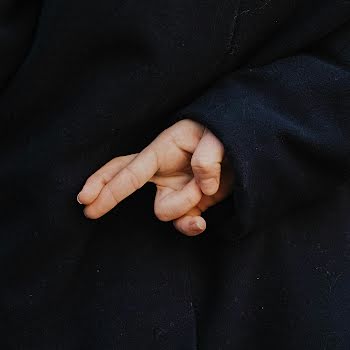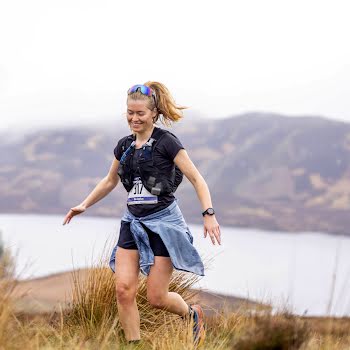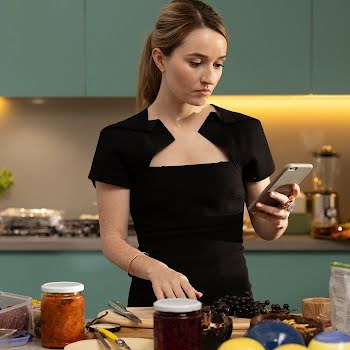
‘I was just 15 when I was introduced to the casting couch system.’ Former child star Cora Sue Collins on the dark side of Hollywood’s golden age
By Shayna Sappington
19th Sep 2020
19th Sep 2020
Cora Sue Collins was a famous American child actress in the 1930s and 1940s. She sits down with Shayna Sappington to talk about Hollywood then and now: lavish costumes and make-up, child labour on stage and the ‘open secret’ that was the casting couch system
“Lucille Ball, Greta Garbo, Zasu Pitts – they were all my dear friends,” Cora Sue Collins recalls fondly. We are sitting in her Beverly Hills home, only a stone’s throw from the film capital of Los Angeles.
Cora Sue offers me an afternoon cuppa or cocktail with a sly smile. Even at 92-years-old she’s more glam than I can ever hope to be. Stylish, blonde curls and voguish make-up highlight her gorgeous, lined features.
Her scruffy dog Pudge (named after her first role in The Unexpected Father), a one-eyed rescue that loves to cuddle, wanders over to my lap and begins to purr. “He purrs instead of barking,” she explains with a laugh, before getting back to the stars of Hollywood’s Golden Age.
“I was never intimidated by them because they were all actors, just like me,” she says. She is sitting on the sofa beside me, petting Pudge as we talk. “I was lucky in the fact that I had wonderful relations with actors who had reputations of being unkind and cruel. It’s hard to be mean to a child, and we all worked our tushes off together.”
Working hard is an understatement for Cora Sue, who started in the industry at just three-years-old after her mother, who pushed her into showbiz, moved her and her older sister from their West Virginian home to LA. “I worked sun up to sun down, and sometimes even longer,” she says.
At one point, she starred in 30 movies in a three-year period, including Queen Christina, Treasure Island, The Scarlet Letter and Anna Karenina. However, it was her heart-breaking scene in The Strange Case of Clara Dean that gained her nationwide attention.
“The girl I played was left in an orphanage because her mother was being arrested,” Cora Sue says. “When the cameras were rolling, the director told two men to drag my real mother off-set. And he said, ‘Aren’t you going to cry?’ But I simply kept asking him to bring my mother back.”
Even at four-years-old, she was a professional. She had to explain to her director that if he wanted her to cry all he had to do was ask politely. She gave a moving performance that opened up all kinds of film roles for her future.
As we chat about her past, my eyes take in the cultured, eclectic décor – a jade green dining set, a collection of odd turtle figurines, modern art pieces. Many are gifts from her Hollywood friends, like a drawing of Lucille Ball from a Disney animator, an autograph book from her eighth birthday (signed by Slim Summerville, Myrna Loy, Bette Davis, Hedy Lamarr, Pat O’Brien and more) and a striking painting of Greta Garbo.
Costume drama
“Greta and I were very close,” she says. “She chose me, luckily, to play the younger version of her in Queen Christina, the true story of the queen of Sweden who was coronated when she was five-years-old. Greta was a lovely lady and very misunderstood. People thought she was arrogant when she was really just a very private person.”
Cora Sue also recalls her costume in the film as one of her favourite dresses she wore on set – a black velvet gown with nude-coloured lace, weighing a whopping 25 pounds.
“I was five-years-old and it was the hardest thing in the world to walk in because it almost knocked me over,” she chuckles.
Cora Sue was in a little girl’s dreamland of dress-up, being made up by the best costume designers and make-up artists in the business, who I’m surprised to find were mostly men.
“In fact, the famous make-up artist Dorothy (Dottie) Ponedel wasn’t even allowed to join the union because she was a woman,” Cora Sue explains. “Outraged, several well-known actresses [Marlene Dietrich and Mae West] went on strike until she was allowed to join. And Dottie became the first woman ever admitted to ‘the boys’ club’.”
It turns out that women have been sticking together since the beginning of time to try and make their way in “a man’s world”, especially in the entertainment industry.
#MeToo movement
Our conversation turns to the #Metoo movement, which she raves about, happy to say that she has joined it herself.
“Yes!” she says excitedly. “I want everyone exposed.”
“I had a friend named Harry Ruskin, one of MGM Studio’s most famous writers. I met him when I was a little girl and he became my father image, my mentor. I just loved him,” she begins.
Harry was famous for his celebrity lunches, held in his office, where he would invite 30 or so actors that amused him. And Cora Sue explains that she was usually invited too. Until one lunch, she was surprised to find she was the only one in attendance.
“I was just about to turn 16-years-old at the time,” Cora Sue says. “I asked where everyone was and Harry said that he had wrote a synopsis for me and wanted me to be alone when I read it. Well, he knew me so well that I remember thinking it was the best synopsis I had ever read. I would have given my right arm to play that part… but,” she hesitates, “not my virginity.
“And there came the proposition. I was in shock. Firstly, because it seemed incestuous; he was like my father. When I said no, he argued, replying, ‘There are a dozen girls in town that would love to sleep with me to play that part’. And I said, ‘Good, let them’.
“I realised I was going to cry and didn’t want to do that in front of him, so I excused myself and left. And the first door I came to was a broom closet, so I went in, blocked the door and mopped and sopped before pulling myself together.
“Afterwards, I went upstairs to Mr Mayer’s office [Louis B Mayer, co-founder of MGM]. His private secretary, Iva, said I’d have to wait until he was done for the day because I didn’t have an appointment. So I sat down until everyone in the waiting room had gone in to see him. And he eventually came out to fetch me, which was extremely odd. If it would’ve been the president Mr Mayer would’ve been seated at his desk and the president would’ve been ushered in.
“’Did you read the synopsis? Did you love it?’ he asked. Then he continued to babble on. I couldn’t get a word in edgewise. So, I waited until he finished talking, and said, ‘Mr Mayer, do you know what Harry wants me to do?’
“And I remember this next part moment by moment. He got up, walked over to me, sat on the arm of my chair, pulled me towards him and said, ‘You’ll get used to it, dear’.”
So he knew Harry’s intentions the whole time?
“Of course he did,” Cora Sue replies. “So after 45 minutes of back and forth, Mr Mayer finally realised that, one, I wasn’t going to acquiesce, and, two, that I never wanted to work again. I wanted out.
“So he wagged his little fat finger under my nose, saying, ‘Cora Sue, you will never work on another soundstage as long as you live.’ And I said, ‘Mr Mayer, that’s my heartfelt desire.’
“And to this day it’s the best single decision of my life.” She nods with assurance.
Mother
Tragically, Cora Sue couldn’t even lean on her mother after she left the industry. “My mother never believed me,” she explains. “She believed that I had misunderstood Harry to the day she died. If I weren’t such a Roman Catholic, I would’ve talked to a psychiatrist, someone who would’ve explained to me that it wasn’t my fault. I kept thinking it was, but it was Harry’s fault.
“It was an open secret, the whole studio knew what was going on,” she adds, but no one ever exposed these men to the press or police, like the #metoo movement, thankfully, is doing now.
Cora Sue ended her acting career as a teenager, choosing instead to live a life away from the cameras and corruption. Even when she was older and became widowed with three kids, she continued to work hard and be the best role model she could be for them.
“I’ve lived three completely different lives,” she explains. “One as a child, one when I was married with kids and my life now.
“It never goes away, the feeling,” she says, reflecting on what happened. “I pray that these women are believed and taken at their word. I never felt like I could talk about it.”
But since #Metoo, women are gaining more freedom and equality in the industry. And to those girls, Cora Sue says, “Go for it.”
Look out for Cora Sue’s story in Oprah’s upcoming #MeToo documentary


